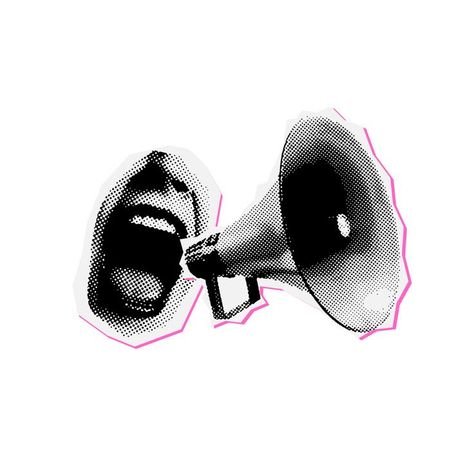Cancel Culture
How many of you have ever posted a group picture with your friends on Instagram or had a fake rumor spread about you? What if I told you those actions could get you canceled?
Now, I understand some of you may have just started using social media and might not fully understand cancel culture. However, it technically falls under the category of cyberbullying. Cancel culture has been criticized as a toxic and negative way of oversimplifying complex issues, encouraging harsh judgments that can lead to severe consequences. What started as a joke—when someone tweeted that a celebrity was "canceled" for liking the color orange—has become anything but funny. It has escalated to the point where even former President Obama warned against its misuse. At the Obama Foundation Summit, he cautioned that cancel culture perpetuates the idea that a person should be defined solely by their worst mistakes.
For example, Billie Eilish faced backlash and was "canceled" after posting behind-the-scenes pictures from her Lost Cause music video with the caption "I love girls." Many accused her of queerbaiting, claiming she was exploiting the LGBTQ+ community for attention, as she had previously stated she is straight. However, without the caption, the photos simply show her and her cast members on set. Her caption appears to express appreciation for her cast, which is common among celebrities. Yet, the post stirred significant controversy.
Similarly, Johnny Depp faced the destructive effects of cancel culture when he lost a defamation case involving allegations of abuse by his ex-wife, Amber Heard. This led to his professional downfall, with Hollywood severing ties with him. Later, Depp's former long-term partner and ex-girlfriend, actress Winona Ryder, came forward to defend him, asserting that the accusations did not align with the person they knew. His former assistant also testified that Heard had subjected him to years of abuse. Despite the revelations, Depp's reputation and career suffered greatly, proving his point when he said, “Nobody is safe from cancel culture.”
Even children’s literature hasn’t been spared. Six Dr. Seuss books were pulled from publication after critics claimed they portrayed harmful stereotypes. However, Samuel Karnick, a director at the Heartland Institute, argued that Dr. Seuss's illustrations depict everyone in exaggerated, ridiculous ways—not just specific ethnic groups. This raises the question of whether the backlash was warranted.
Many celebrities have spoken out against cancel culture, including NFL player Aaron Rodgers. He described it as stemming from people’s personal dissatisfaction or enjoyment of tearing others down. Rodgers shared his own experience, where he was criticized as selfish and entitled for focusing on his mental health during the offseason.
Ultimately, if someone makes a mistake or engages in behavior that could be considered “cancelable,” it shouldn’t destroy their entire career. It's crucial to be mindful of what we post online and to recognize how drastically it can affect others. As Obama wisely said, “The world is messy... and even people who do really good stuff have flaws.”
